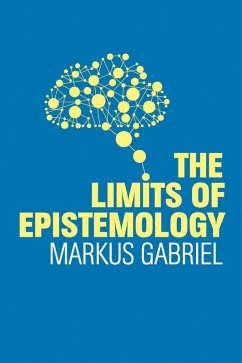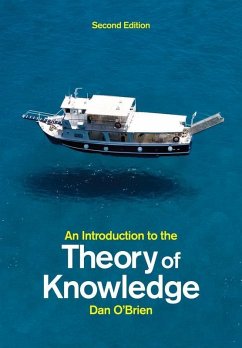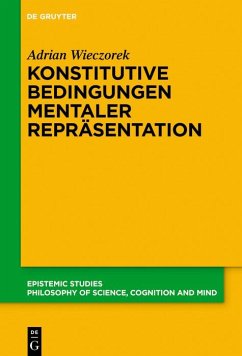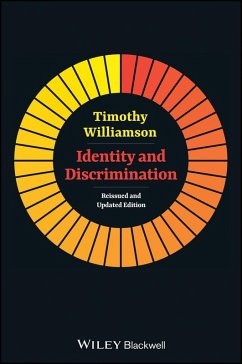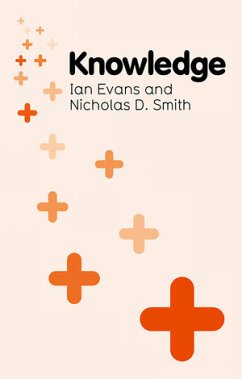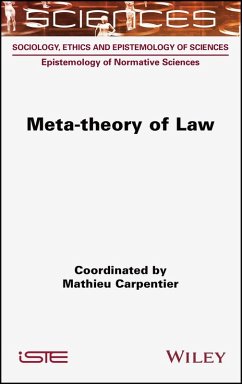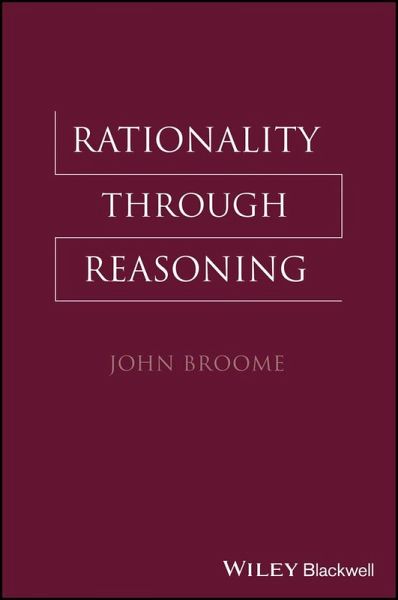
Rationality Through Reasoning (eBook, ePUB)
Versandkostenfrei!
Sofort per Download lieferbar
29,99 €
inkl. MwSt.
Weitere Ausgaben:

PAYBACK Punkte
0 °P sammeln!
Rationality Through Reasoning answers the question of how people are motivated to do what they believe they ought to do, built on a comprehensive account of normativity, rationality and reasoning that differs significantly from much existing philosophical thinking. Develops an original account of normativity, rationality and reasoning significantly different from the majority of existing philosophical thought Includes an account of theoretical and practical reasoning that explains how reasoning is something we ourselves do, rather than something that happens in us Gives an account of what rea...
Rationality Through Reasoning answers the question of how people are motivated to do what they believe they ought to do, built on a comprehensive account of normativity, rationality and reasoning that differs significantly from much existing philosophical thinking.
- Develops an original account of normativity, rationality and reasoning significantly different from the majority of existing philosophical thought
- Includes an account of theoretical and practical reasoning that explains how reasoning is something we ourselves do, rather than something that happens in us
- Gives an account of what reasons are and argues that the connection between rationality and reasons is much less close than many philosophers have thought
- Contains rigorous new accounts of oughts including owned oughts, agent-relative reasons, the logic of requirements, instrumental rationality, the role of normativity in reasoning, following a rule, the correctness of reasoning, the connections between intentions and beliefs, and much else.
- Offers a new answer to the 'motivation question' of how a normative belief motivates an action.
Dieser Download kann aus rechtlichen Gründen nur mit Rechnungsadresse in D ausgeliefert werden.





